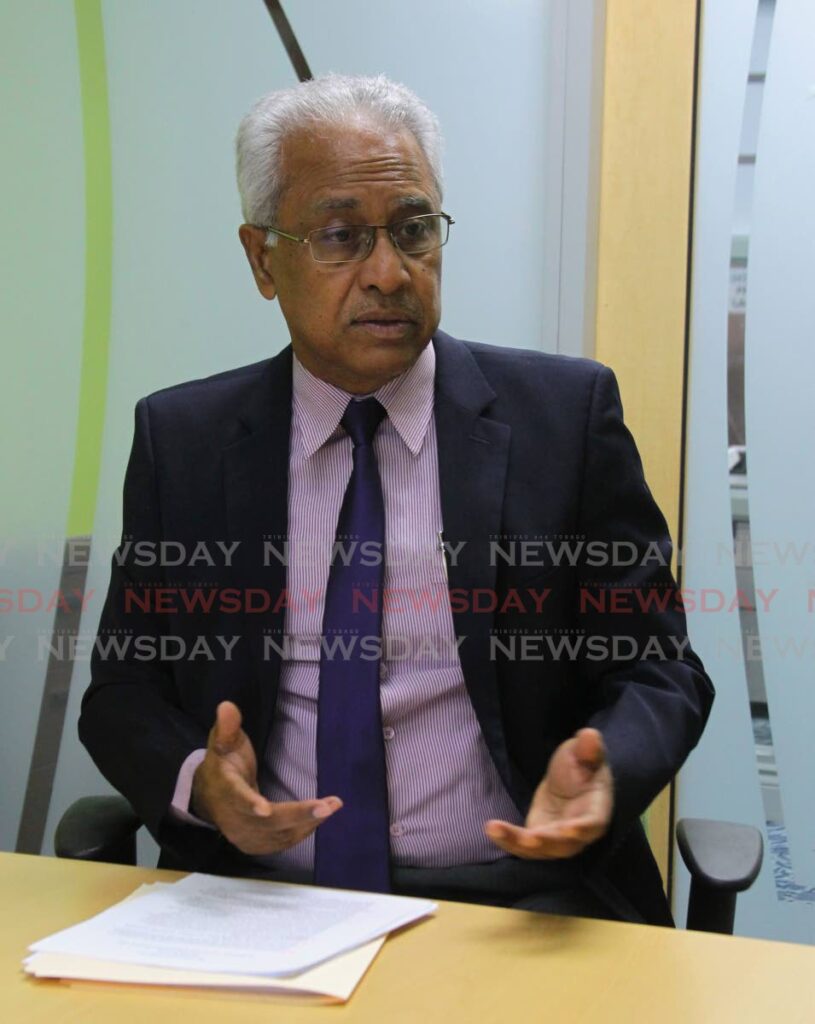Greater role for fair trade body

Fair trading Commission chairman Dr Ronald Ramkissoon last Thursday made a sweeping declaration.
For the two years it has been active, the commission has not found any evidence of anti-competitive practices that would fall under the provisions of the Fair Trading Act.
“We have not, as of now, identified specifically any particular action that falls within the remit of the act,” the chairman said in reply to a question posed at a virtual stakeholder event.
Of course, to say there is no evidence of anti-competitive behaviour is not to say there is no such behaviour taking place. The commission, which is a statutory body which is required to follow certain procedures and rules of evidence, cannot traffic in speculation and hearsay.
That said, Ramkissoon’s disclosure highlights the possibility that this body, like so many other regulators in the country, may need even more support and resources in order to fulfil its mandate.
Certainly, there is enough to suggest a growing role for regulation. For example, there is the perception that mega companies have been gobbling up smaller businesses at an increased rate, opening the door to the creation of monopolies. In the year 2021 alone, the commission received more than a dozen merger applications.
Such activities constitute the classic scenario when it comes to the potential for anti-competitive behaviour. In theory, as competitive business relationships diminish, the opportunity for artificial price controls increases.
Of course, not all mergers are anti-competitive. Indeed, because some businesses may be poised to enjoy economies of scale through coming together, these manoeuvres can potentially benefit the economy and the consumer through cost savings.
But each case, each market, each group of stakeholders is different. Which is where the commission comes in.
It would be useful for there to be greater transparency and accountability in the operations of the body in order to foster trust in the organisation and to paint a clearer picture of the extent to which it is able to fulfil its mandate.
Last week, Ramkissoon noted one major issue that his organisation faces, namely the need for a cultural shift in our understanding of what constitutes unfair trading.
“This economy has functioned for decades without a fair trading commission and there are certain practices that may or may not have been anti-competitive,” he observed, without going into detail.
At the same time, the current approach of the regulator seems to be restricted to the letter of the governing statute.
“We are not about closing down businesses necessarily,” he said. “We are about addressing that process as defined under the act.”
With the risk of global supply-chain challenges being used as a cover for price gouging and consumer exploitation, there’s a need for the regulatory framework to be flexible enough to capture current developments.
It is not just a good idea for the State to review the legislative background regularly, it is essential that it do so in order to give regulators the tools they need to foster unfettered competition.

Comments
"Greater role for fair trade body"